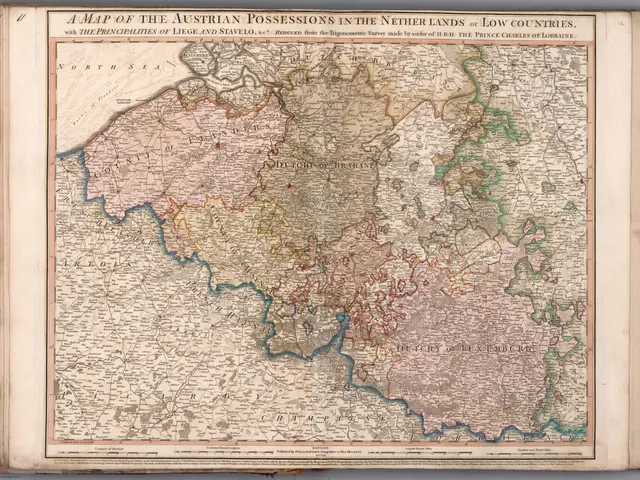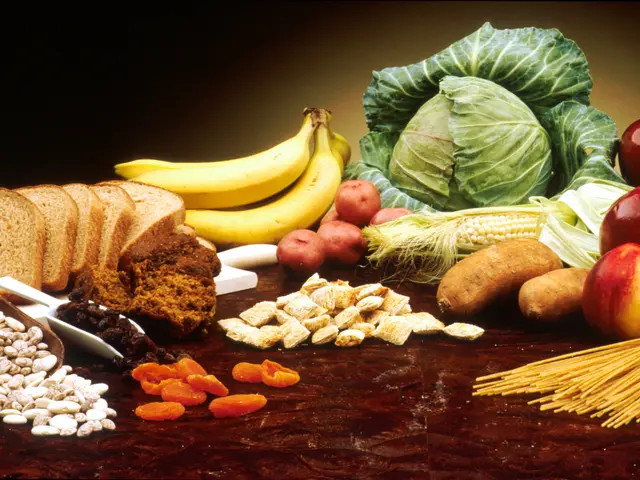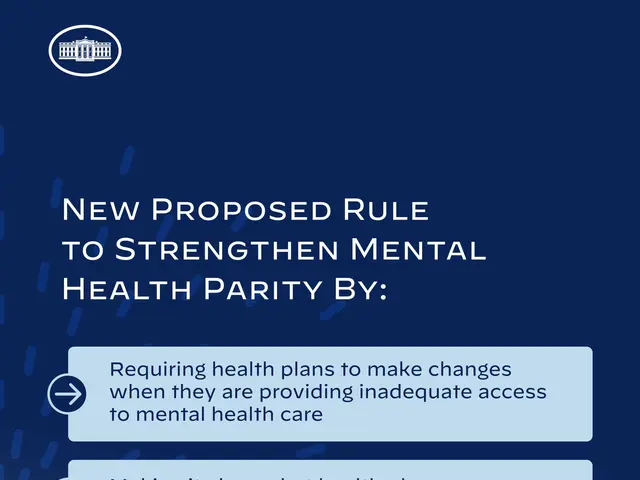Journalists in Gaza, hailing from Palestine, are reportedly facing starvation, according to a media monitoring body.
The situation for Palestinian journalists in Gaza is rapidly deteriorating, as many grapple with severe starvation alongside the population they cover. Journalists are experiencing extreme malnutrition, fatigue, and an inability to properly perform their duties due to lack of food and aid access [1][2].
Current measures to ensure the safety and nutrition of Palestinian journalists in Gaza are limited and largely indirect, as the area remains under a strict blockade limiting humanitarian aid. Organizations like the Committee to Protect Journalists (CPJ) and over 100 NGOs are urgently pleading with the Israeli government to allow unrestricted entry of food, water, medical supplies, and aid into Gaza [1][2].
Despite hunger, Palestinian journalists continue to risk their health to document the crisis firsthand and draw global attention to the humanitarian catastrophe [1][2]. However, they are not immune to the risks. The CPJ has stated that reporters in Gaza are at risk of starvation and Israeli attacks [1].
The Committee to Protect Journalists (CPJ) has also highlighted the risk faced by Al Jazeera's Gaza correspondent, Anas Al-Sharif, after an Israeli military spokesman claimed he was a Hamas fighter [2]. The CPJ has warned of "acute danger" for Al-Sharif, stating that such allegations can be used as an excuse to target and kill journalists [2].
The Israel Defense Forces (IDF) has stated that it does not deliberately target journalists [3]. However, humanitarian groups have warned of a desperate hunger crisis in Gaza, with dozens of deaths from malnutrition [4]. The IDF has been accused of smearing journalists as terrorists without evidence [4].
International reporters have been banned from Gaza since the start of the conflict, meaning all on-the-ground coverage comes from Palestinian journalists [5]. This has put them under immense pressure to report accurately and swiftly what is happening inside Gaza [5]. However, the lack of nutrition and aid access is making it increasingly difficult for them to do so in real time [1][2].
News outlets, including the BBC, AP, AFP, and Reuters, have released a joint statement expressing concern for their journalists in Gaza, who are increasingly unable to feed themselves and their families [6]. The international community's pressure to break the blockade and deliver aid remains the primary avenue toward improving the situation for all civilians, including journalists [1][3].
References:
[1] Al Jazeera. (2021). Gaza journalists suffer severe malnutrition amid crisis. [online] Available at: https://www.aljazeera.com/news/2021/5/19/gaza-journalists-suffer-severe-malnutrition-amid-crisis
[2] The Guardian. (2021). Israel accused of smearing journalists as terrorists in Gaza. [online] Available at: https://www.theguardian.com/world/2021/may/19/israel-accused-of-smearing-journalists-as-terrorists-in-gaza
[3] The New York Times. (2021). Israel Says It Does Not Target Journalists in Gaza. [online] Available at: https://www.nytimes.com/2021/05/19/world/middleeast/israel-gaza-journalists.html
[4] The Washington Post. (2021). Israel's Gaza blockade is causing a desperate hunger crisis, humanitarian groups warn. [online] Available at: https://www.washingtonpost.com/world/2021/05/19/israels-gaza-blockade-is-causing-desperate-hunger-crisis-humanitarian-groups-warn/
[5] The CPJ. (2021). Israel's Gaza blockade is causing a desperate hunger crisis, humanitarian groups warn. [online] Available at: https://cpj.org/2021/05/israels-gaza-blockade-is-causing-a-desperate-hunger-crisis-humanitarian-groups-warn/
[6] The Associated Press. (2021). AP, BBC, AFP and Reuters issue joint statement of concern for journalists in Gaza. [online] Available at: https://apnews.com/article/middle-east-gaza-strip-israel-ap-bbc-afp-reuters-58f6171c2b5e37c617a6b1056b326875
- Amidst the worsening situation in Gaza, mental health issues of Palestinian journalists might become a crucial concern, as they endure extreme malnutrition, fatigue, and limited access to resources for their work.
- While fitness-and-exercise could be the last thing on their minds during this crisis, ensuring the wellbeing and nutrition of these journalists is essential, as their work contributes significantly to the general-news and health-and-wellness of the global population.
- The Committee to Protect Journalists and numerous NGO's are appealing to the Israeli government for help, urging for the lifting of war-and-conflicts-related restrictions, allowing food, water, medical supplies, and aid to enter Gaza, thus safeguarding the lives and nutritional needs of these vital reporters.
- On a broader political and humanitarian front, addressing the issues faced by Palestinian journalists in Gaza also calls for attention to crime-and-justice matters, such as protecting them from being labeled as terrorists without substantial evidence, thus preserving their freedom and safety in the line of duty.




